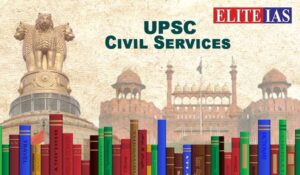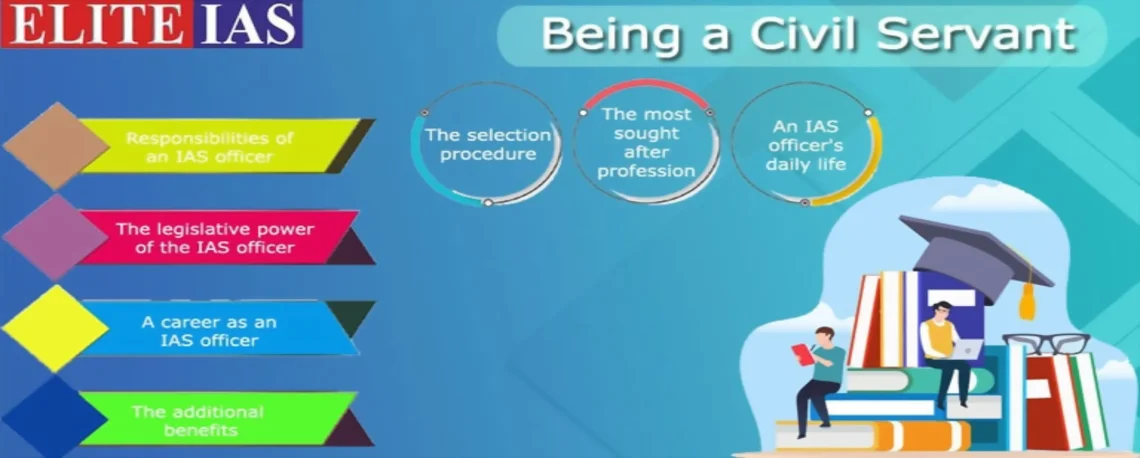Culture and Society have always been closely inter-connected to each other. It holds true for almost any society across the world. And Indian Society forms no exception.
Does a thorough understanding of Society & Culture help you turn an excellent administrator?
You have been aiming at joining the Indian Administrative Services. Do you think, it would be logical to think of administering a society without having knowledge of its evolution? The point to be noted is that culture deeply influences a society and vice versa. And it should not be forgotten that the Indian culture has provided the nationals with a rich heritage. Besides, it has played a great role in the evolution of the Indian society.
How far can studying Society & Culture push your score higher?
Indian culture encompasses many facets of the Indian society. It would be in the best interests of all the IAS aspirants to keep in mind that Indian culture as closely co-related with the heritage has been one of the hot topics with the Union Public Service Commission.
There have been questions from the subject of Society & Culture in the Mains, and also the Prelims for the Civil Services Exam. Understanding the subject is highly essential. How well you understand the fundamental co-relation between the Indian Culture and Society may make or mar your score in the Mains. It should be noted that Society & Culture forms a part of the syllabus for the General Studies Paper I. Apart from that, there might be questions simply touching or giving wide coverage to the same for various Papers at various stages of the CSE. Thus, gaining a good understanding of Society & Culture goes a long way than what you might have thought of initially.
How to prepare for the Society & Culture?
Society & Culture is a dynamically flexible topic. Cultural practices have always been a subject to change almost in all of the societies across the globe. And so has the evolution of society.
For understanding and simplifying most of the complexities related to the subject of Society & Culture, you would need:
- (a) Right kind of guidance
- (b) Prioritize the most prominent of areas of Indian Culture
- (c) Various books, apart from most of the study material, etc.
What does the UPSC syllabus require you to study for Indian culture?
Basically, Society & Culture makes an entry in the syllabus for the GS I, Mains, CSE as already specified earlier. However, it should be noted that you might come across questions based on the same during various stages of the CSE including Prelims, various Papers for the Mains and the Interview.
Most importantly, it should be noted that the subject Society & Culture covers a vast range of topics including:
- Art Forms
- Literature
- Architecture, etc.
Further it is advisable not to forget that all the areas covered by Society and Culture as specified above (and there can be many more), pertain to various developments from the ancient to the modern times.
Culture & Society: The prominent areas you should be familiar with
No IAS aspirant can simply ignore to study the various Art forms when it comes to prepare for the Society & Culture.
Indian Art can be broadly categorized as:
- Performing Arts
- Visual Arts
- Literary Arts
It should be noted that quite a few of the Art Forms combine two or all of the above.
Performing Arts
The performing arts include:
- Dance,
- Music,
- Theater, and
- Puppets
(A)Dance
Indian Dances: The Indian dances comprise:
- Classical Dances
- Bharatnatyam
- Kathakali
- Kathak
- Manipuri
- Odissi
- Kuchipudi
- Sattriya
- Folk Dances
Maharashtra
- Lavani,
- Koli,
- Nakata,
- Lezim,
- Dahikala,
- Gafa,
- Dasavtar or Bohada etc.
Odisha
- Odissi (Classical),
- Ghumara,
- Savari,
- Munari,
- Chhau,
- Painka etc.
In the same vein, you may gain a familiarity concerning various folk/regional dances across India.
What should you focus on while studying for the Indian dances?
It is advisable to look for the following concerning for both the Classical as well as the Folk Dances:
- The similarities and the differences amongst them
- The origin of the dance(s)
- Evolutionary process
- Various stages that a dance(s) comprises. You should also understand the significance of each
- It’s important to gain a thorough knowledge of the entire costume including the style for the makeup and doing the hair for the dance as well.
It should be noted that you would do well to gain all the relevant facts related to the famous personalities concerning various dances whether classical or regional.
(B) Music
The Indian music comprises:
- Hindustani Classical Music,
(ii) Carnatic Classical Music,
- Regional Music
Musical Instruments
- Stringed instruments: The Tata Vadya or the Chordophones
- Wind instruments: The Sushira Vadya or the Aerophones
- Percussion instruments: The Avanaddha Vadya or the Membranophones
Solid instruments that do not require the tuning: The Ghana Vadya or the Idiophones
(C) Theater
The Indian theater comprises:
- Traditional
- Modern
(C) Puppets
The Indian Puppet forms comprise:
- String Puppets,
- Shadow Puppets,
- Rod Puppets
- and Glove Puppets.
Visual Arts
The visual arts include:
- Architecture
- Sculpture
- Painting
(A) Architecture
- The Indian Architecture stands co-related to:
- Pre-historic times
- Indus Civilization
- Buddhist Architecture
- Temple Architecture
- Indo-Islamic Architecture
- Modern Architecture
(B) Sculpture
Sculptures reflect the rich Indian culture with a magnificent heritage. Besides, they represent outstanding craftsmanship across the country.
Here is a list of some of the famous Indian Sculptures
ü The Ashoka Pillars
ü Sanchi Stupa
ü Ajanta Caves
ü Kailasa Temple
ü Dancing Girl of Mohenjo-Daro
(C) Painting
- The Indian painting comprises:
- Wall Paintings of India
- Miniature Painting
- Modern Indian Painting
Literary Arts
The Indian literary arts comprise an enormous treasure including:
- Ancient Indian Literature
- The Purana
- Classical Sanskrit Literature
- Literature in Pali and Prakrit
- Early Dravidian Literature
- Medieval Literature
- Women Poets of Bhakti
- Other Trends in Medieval Literature
- Modern Indian Literature
- The Emergence of Nationalism
- The Literature of Nationalism, Reformism, and Revivalism
- Indian Romanticism
- The Advent of Mahatma Gandhi
- Progressive Literature
- Making of Modern Theatre
- Search for Modernity
- The Indian Literary Scene After Independence
- Dalit Literature
- Use of Mythology
- Contemporary Literature
A Word of Caution
It should be noted for once and for all that though the rich cultural heritage of India and its effect on the Indian society, of course, is noticeably visible, the evolutionary process the Indian society has gone through should not be confused with the subject. Both are different.
Elite IAS Academy provides its students with flawlessly competent study material to prepare for Society & Culture for the IAS Exam.
What else do you gain if you prepare competently for Society & Culture?
Preparing in a flawlessly competent manner for the Society & Culture provides you with a few additional advantages including:
- Makes it easier to prepare for some of the Optional subjects: As already stated earlier reading how Society evolved due to the cultural practices, is by no means similar to either studying History or Sociology. Each needs to be studied with a different focus to gain a thorough knowledge of the subject.
However, the co-relation does exist. And that certainly provides you with an edge over the competition when it comes to prepare for some of the Optional subjects including History and Sociology.
- Helps you understand the society better: Once you are familiar with the process of the evolution of society, you may understand the same better. That definitely helps you gain a competent outlook as a potential administrator. And you do aim at joining IAS.
- Helps shed off the prejudices: The entire process of studying Society & Culture allows you to gain a sharp insight into various nuances suffered by the society. And during the process, you also shed off the prejudices that might have been there earlier.
- An unprejudiced mind is always assessed in a favourable light: Getting rid of the prejudices would definitely reflect an unbiased mind in what you write for the Mains and how you answer for the Interview. It of course enhances the probability of your being selected by UPSC for joining IAS.
Conclusion
Last, but not the least, it is advisable to study keeping all the relevant perspectives in mind. A dynamic subject like Society & Culture can be comprehended well if you opt for a dynamic approach. Nothing else would suffice.



